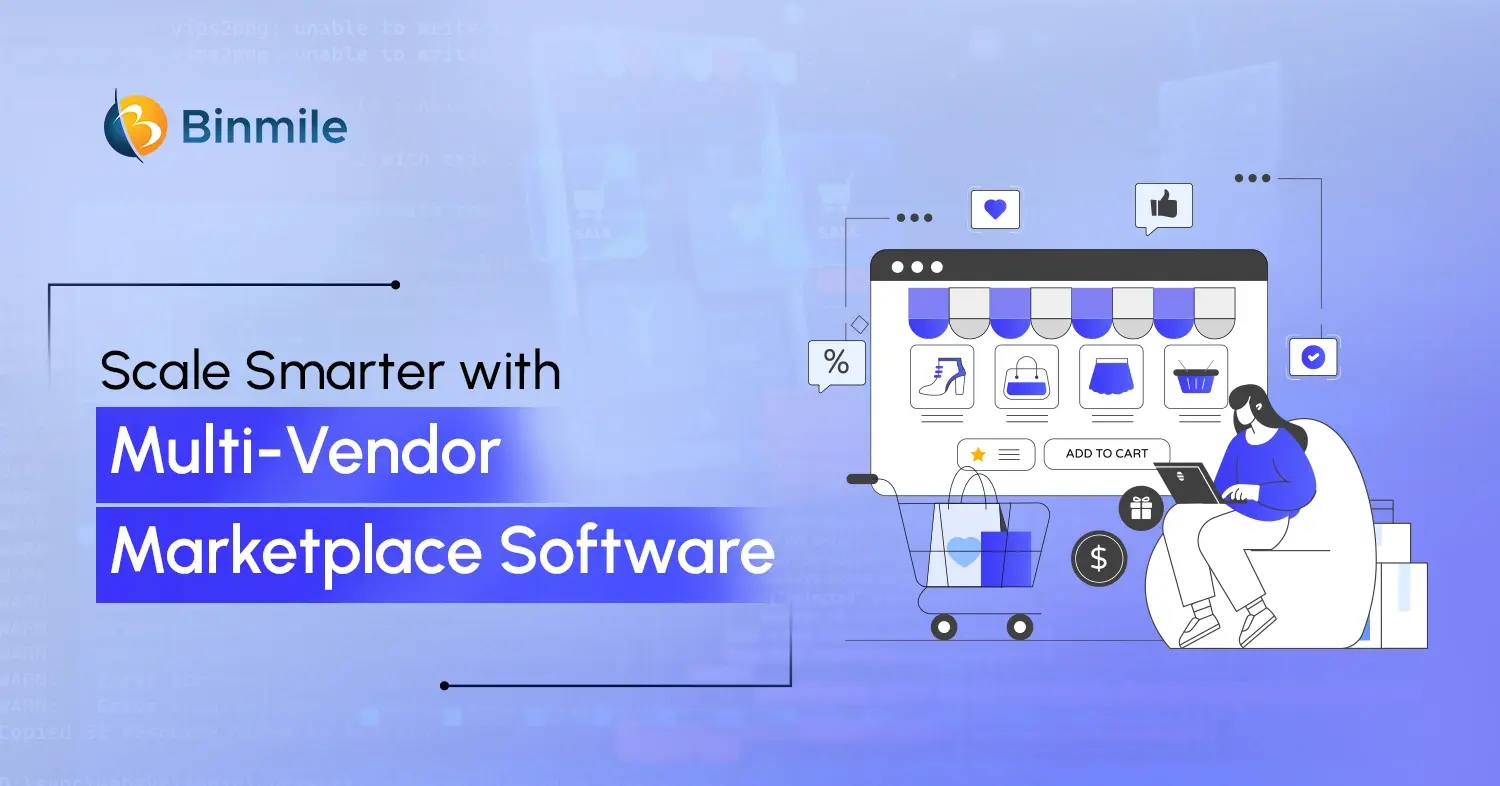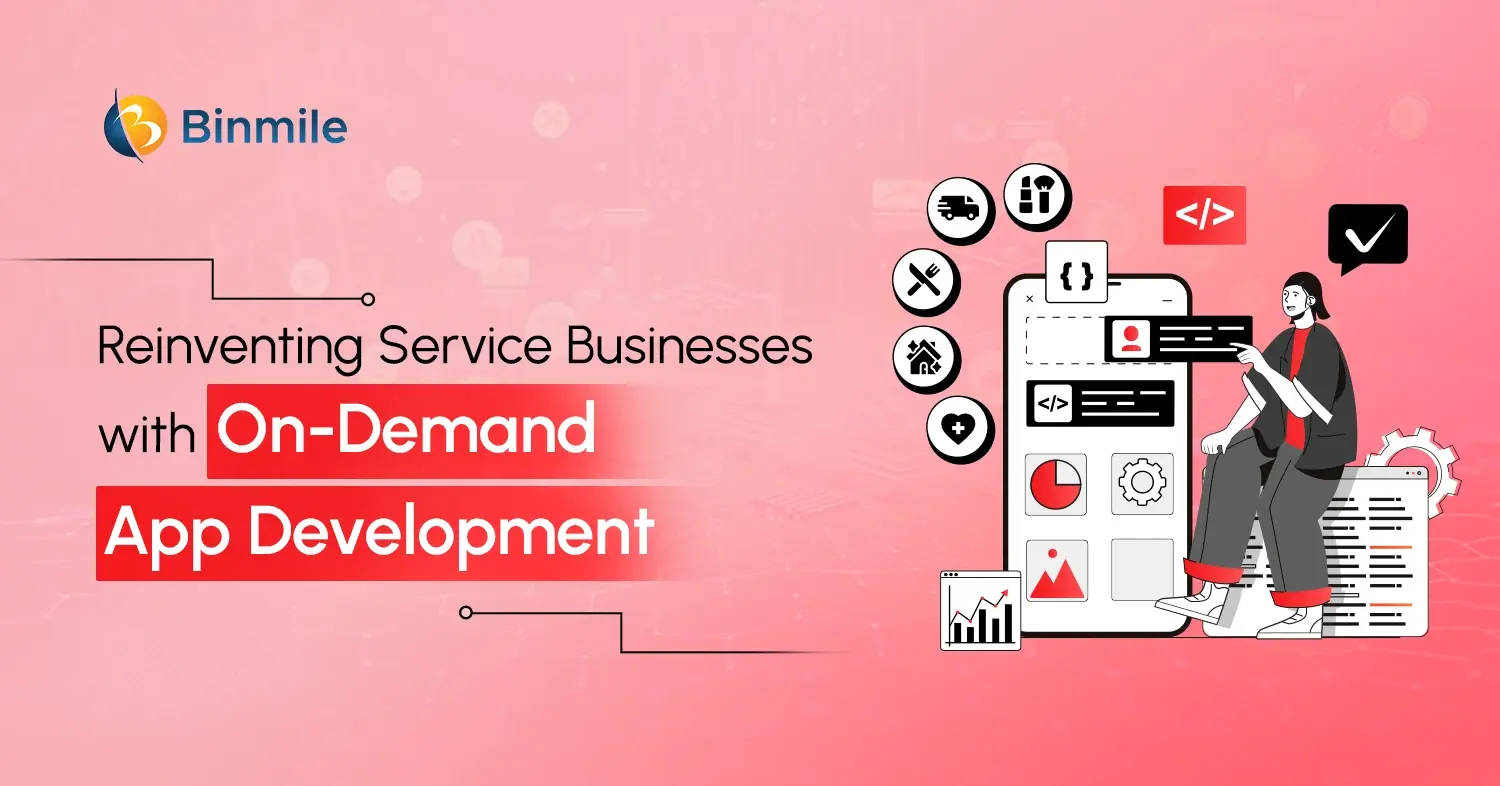These days, the fintech revolution is the buzzword in the finance industry. The word ‘fintech’ is simply a mix of finance and technology. FinTech has streamlined different financial systems and processes for the convenience of people. Finance technology describes emerging digital technologies to advance and systematize financial services’ delivery and usage. It is all about driving financial inclusion and achieving the financial empowerment of every single citizen. Digital innovation in the Indian fintech industry will increase access to finance and the formal credit system for Indians. The four i’s or pillars of fintech are income, investments, income, institutional credit, and insurance. Read here how India will achieve financial empowerment riding high on the shoulders of the Fintech revolution in India. Read this statement in the wake of Indian Prime Minister Shri Narendra Modi.
Prospects of the Fintech Revolution in India
A report from Statista, a leading research company, on the fintech and digital market shows that the largest segment of the fintech market in 2021 is digital payments, valued at a total transaction value of US$139,261m. The report expects the neo-banking segment to grow by 56.9% in 2022. Interestingly, the entire transaction value might reach US$139,261m in the digital payments segment in 2021.
Recently, Prime Minister Sh. Narendra Modi talked about fintech acceptability, trust, innovation, and security of the fintech ecosystem at the Infinity Forum organized by the unified regulator IFSCA (International Financial Services Centre Authority). He added, “Fintech industry has achieved huge scale, and scale means people as customers, from all walks of life. This fintech acceptability has a unique feature among the masses. That feature is trust. Moreover, the common Indian has shown immense trust in our fintech ecosystem by embracing digital payments. This trust is a responsibility and it means you need to ensure that people’s interests are secured. Fintech innovation will not be complete without fintech security innovation.”
The PM also shared his views on economic drivers needed for the fintech revolution and people’s participation in the financial sector. He said, “Financial inclusion is the driver of the fintech revolution. Fintech rests on four pillars: Income, insurance, investments, and institutional credits. When income grows, investment becomes possible. Insurance coverage enables investments and greater risk-taking ability. Institutional credit gives wings to expansion, and we have worked on every pillar. When all these factors come together, you find so many more people participating in the financial sector. The large base becomes the perfect springboard for fintech innovations. The fintech industry is innovating to enhance access to finance and the formal credit system for every Indian in the country. Now, it is time to convert fintech initiatives into a fintech revolution.”
Leveraging the latest technology to achieve financial inclusion goals in India, the PM emphasizes digital transactions with unified payment interface (UPI) technologies. “Technology is bringing a big shift in the world of finance, and last year, mobile payments exceeded ATM cash withdrawals for the first time in India. Fully digital banks sans any physical branch offices are already a reality and may become a common-place in less than a decade,” he added.
When it comes to assessing the claim of India toward revolutionizing fintech, all you need to do is peep into the actual landscape. Look at these factors showing why the FinTech revolution in India will help India achieve financial empowerment. These include.
- Universalized bank accounts
- Trust and responsibility to secure people’s interest
- Access to finance and the formal credit system
- Mobile payments exceeded ATM cash withdrawals
- Increased UPI processing
- Fast adopting digital governance
- Transformational initiatives under Digital India
- Digital public infrastructure
Also Read: MVP App Development for Fintech
Summing Up
With the above text, it is clear that PM Narendra Modi has a vision for converting fintech initiatives into a fintech revolution to offer a low-cost, reliable payment system. India is also emerging as a big fintech hub for global investors. Indian technology companies can also provide banking & financial app development services with the latest technology solutions to startups and enterprises in the form of web app development, mobile app development, and software product development services.
The emerging fintech market in India has adopted mobile banking, secure payment gateways, paperless lending, mobile wallets, and other concepts successfully. These are the vital signs of a fintech revolution.









